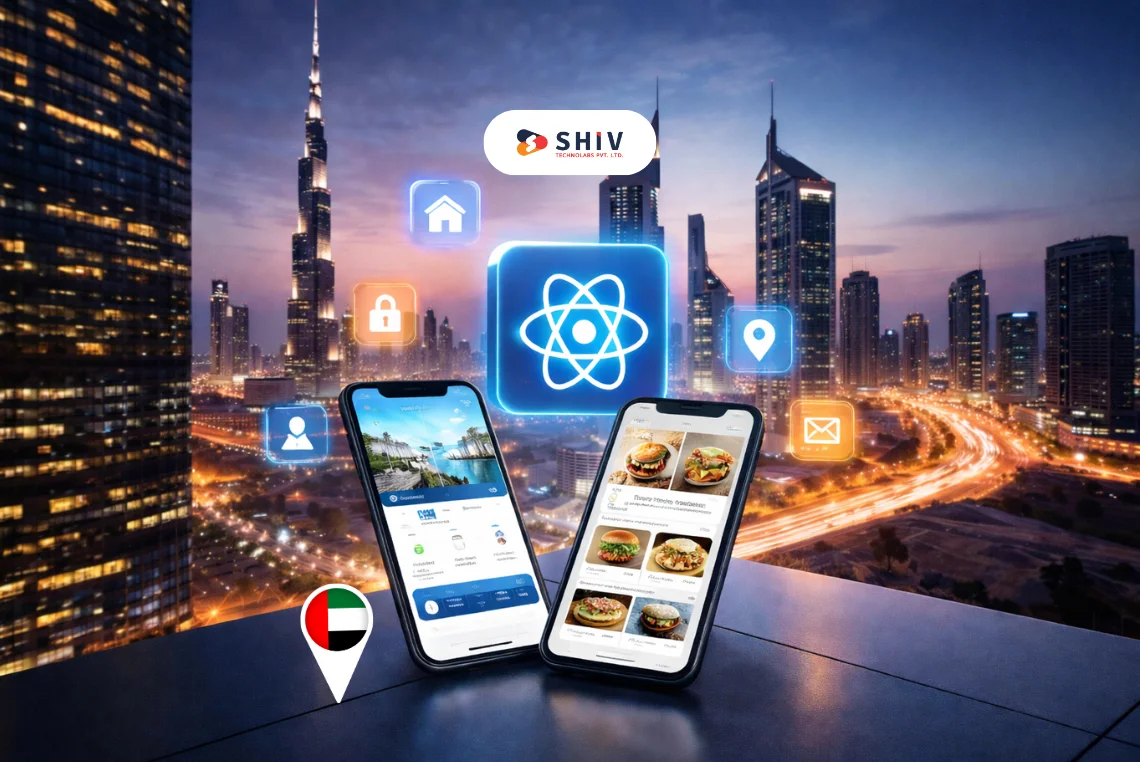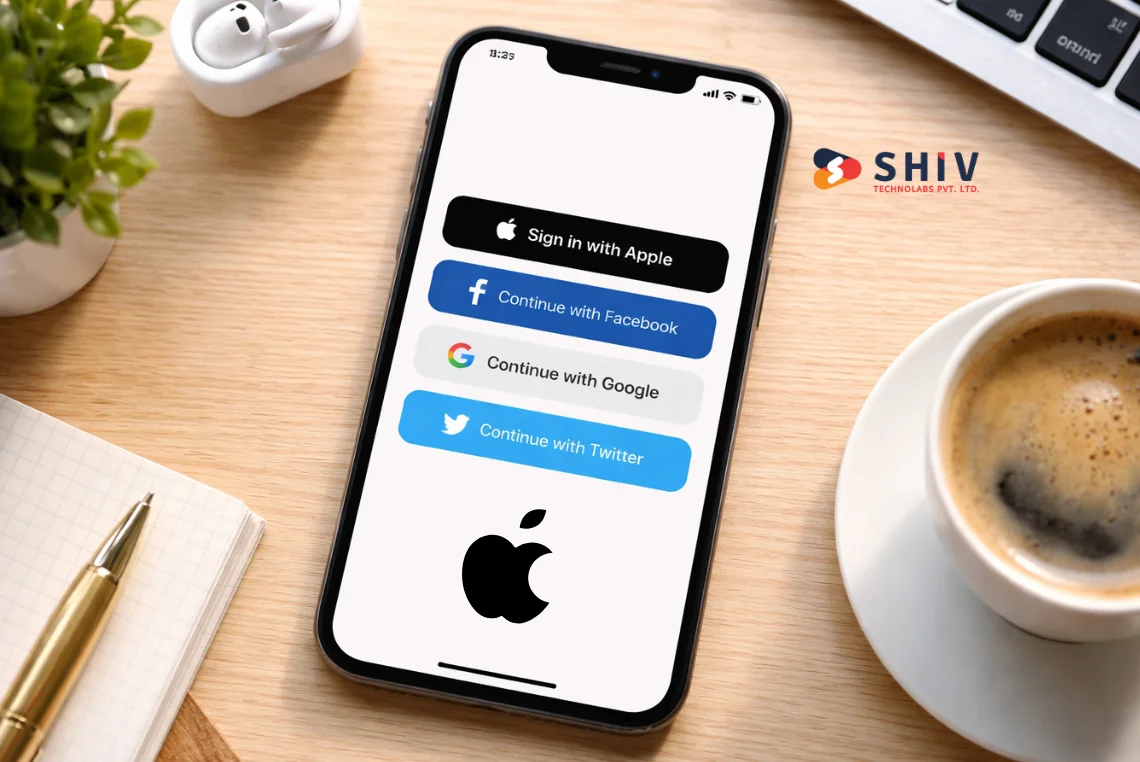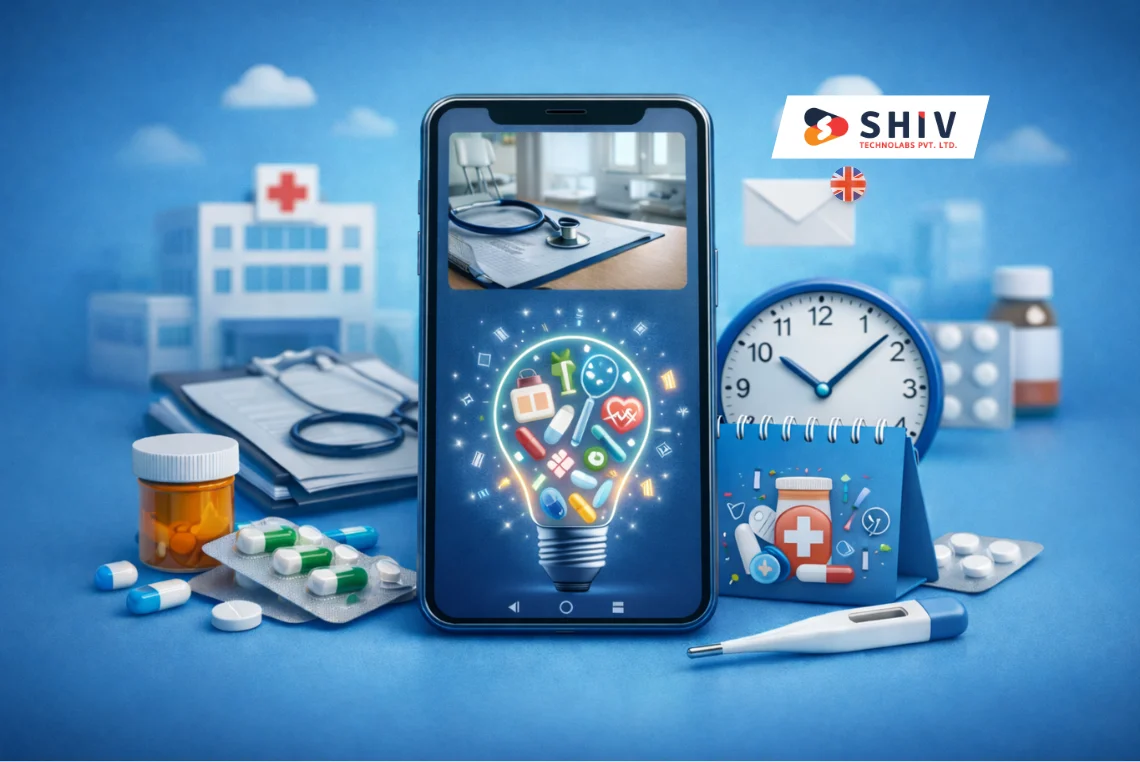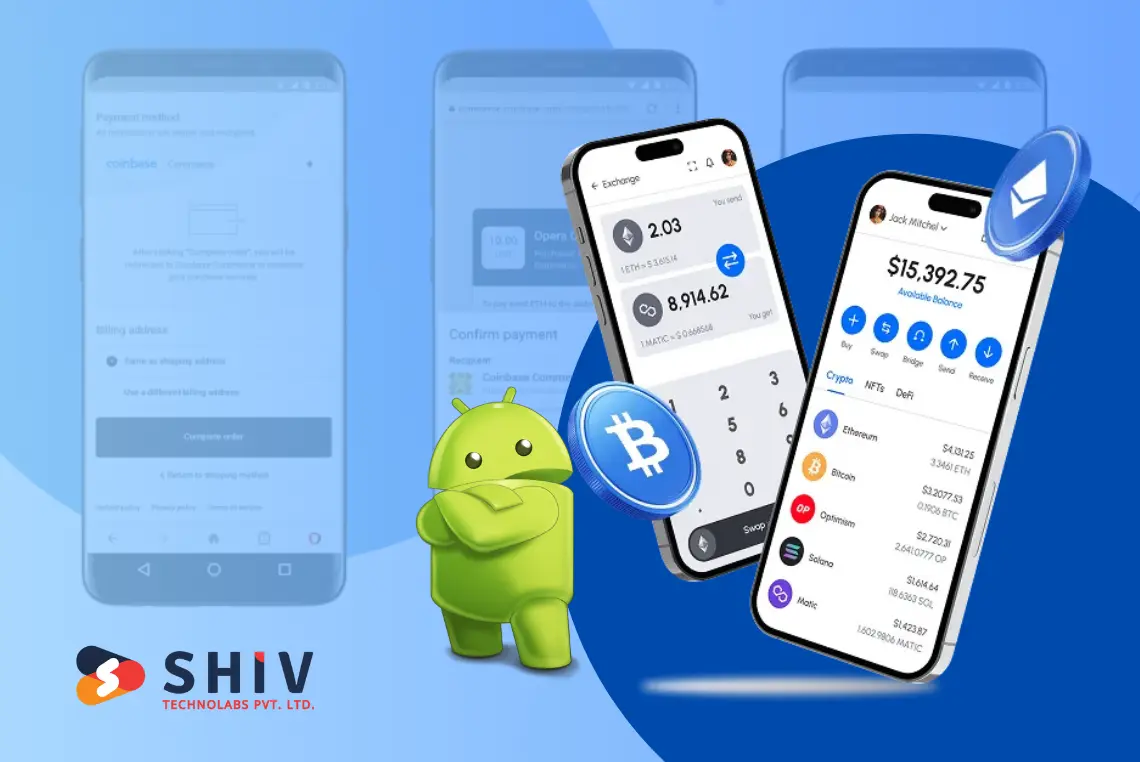Table of Contents
Creating a travel booking app like Tatilbudur requires careful planning, the right set of features, and a strong understanding of the technical and financial aspects involved. In this guide, we will provide a step-by-step breakdown of the entire process, focusing on essential features, development requirements, and cost considerations.
Overview of Tatilbudur and Similar Apps
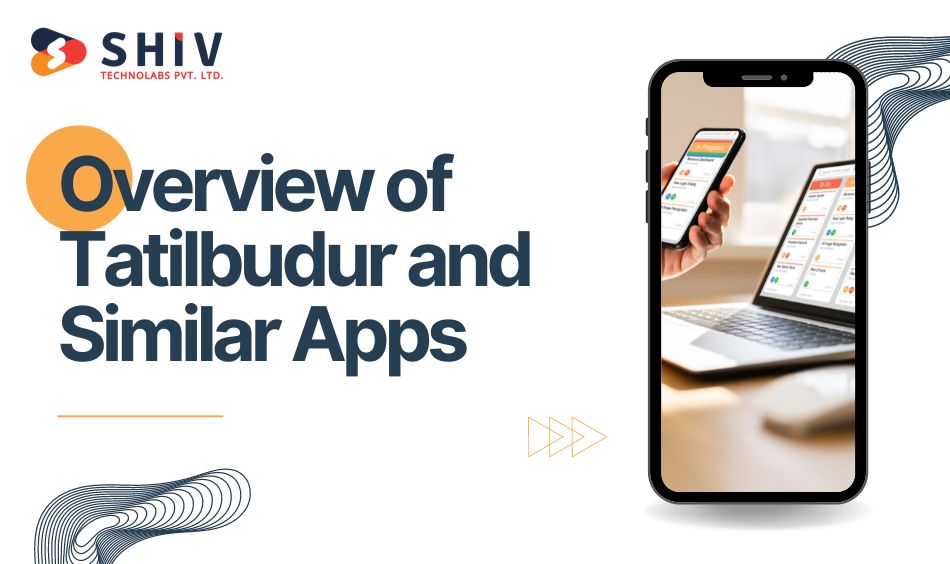
Tatilbudur is a popular travel app that provides users with the ability to book vacations, flights, hotels, and other travel services from one platform. The app has gained popularity for its user-friendly design and the wide range of travel options it offers. To create an app like Tatilbudur, it is essential to replicate some of the core functionalities and provide an equally seamless experience to users by leveraging AI powered mobile app development services for enhanced personalization and efficient service delivery.
Core Features of a Travel Booking App
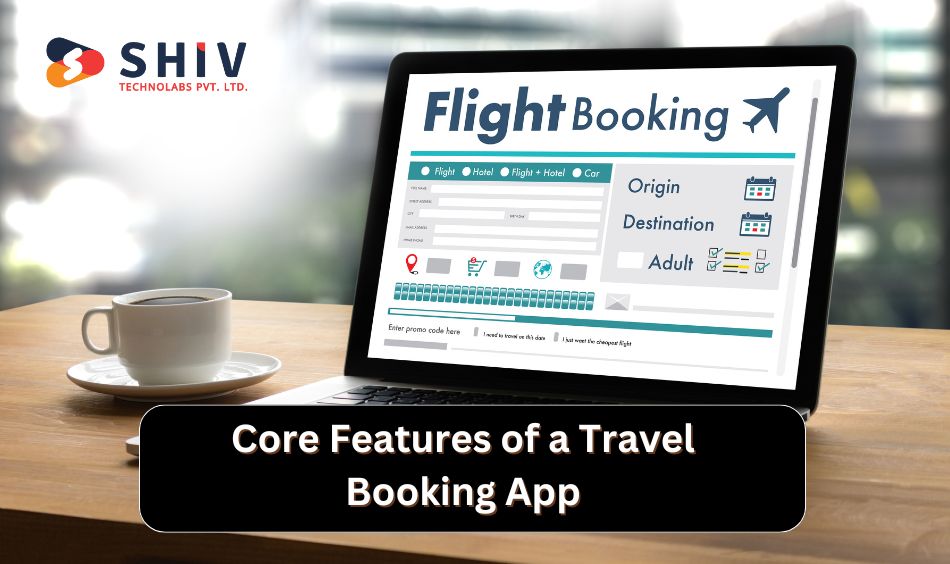
The following are the key features you must include when building a travel app like Tatilbudur:
# User Registration and Profile Management
The first feature any travel booking app needs is a user registration system. This allows users to sign up with their email addresses or social media accounts, manage their profile, and store preferences for a customized experience. The app should securely store personal information and offer users options to update their profile details.
# Search Functionality
A powerful search engine is essential for users to find relevant vacation deals, flights, hotels, or activities. This feature should allow for advanced filtering based on location, travel dates, budget, accommodation type, and more. Integration with APIs from various travel agencies and airlines will allow real-time updates for accurate search results.
# Booking and Payment Integration
The booking feature is the backbone of the app. It should allow users to book services directly through the app, with clear pricing and availability displayed. Integration with multiple payment gateways (such as credit/debit cards, mobile wallets, and bank transfers) is critical to ensure secure and efficient transactions. Additionally, you should consider offering installment payment options and providing users with invoices.
# Trip Customization and Packages
Just like Tatilbudur, users should be able to customize their trips by selecting flights, hotels, and additional activities. The app should offer dynamic travel packages based on user preferences, including combinations of hotel stays, flights, car rentals, and guided tours.
# Reviews and Ratings
Including a reviews and ratings section is important for building trust. Users should be able to see reviews from previous travelers for hotels, flights, and vacation packages. Moreover, the app should allow users to leave their feedback after completing a booking.
# Notifications and Alerts
Push notifications are essential for keeping users informed about their booking status, upcoming trips, discounts, and exclusive offers. The app should also send reminders regarding check-in times and other trip-related updates. Offering real-time alerts when prices drop or deals become available is an effective way to keep users engaged.
# Geo-location and Map Integration
Integrating maps with geo-location functionality will help users find hotels, tourist spots, restaurants, and other nearby amenities. This feature enhances the overall travel experience by offering convenience during the trip planning phase.
# Multiple Language and Currency Support
For a global reach, the app must support multiple languages and currencies, allowing users to choose their preferred options based on their region.
# Customer Support
A strong customer support feature is essential in any travel app. Offer users multiple ways to contact customer service, such as through live chat, email, or phone. Integrating an FAQ section can also help users resolve common issues on their own.
# Loyalty Programs and Discounts
Incentivizing users to return by offering loyalty points, discounts, and exclusive offers will significantly boost engagement. This system can be tied to repeat bookings or referral programs.
Technical Considerations for Developing the App
Once the core features have been identified, the next step involves determining the technical requirements for the app’s development. Here’s a breakdown of the major components involved:
# Backend and Database Architecture
The backend of the app is responsible for handling user requests, managing data, and ensuring smooth communication between the app and external APIs. For a travel booking app, the backend must be robust enough to handle multiple concurrent users, process bookings, and integrate with third-party APIs for flight, hotel, and activity listings. Engaging backend development services can help build a solid infrastructure capable of supporting these functionalities efficiently.
A relational database such as PostgreSQL or MySQL is commonly used to manage structured data, such as user profiles, booking details, and reviews. NoSQL databases like MongoDB may also be used for handling unstructured data.
# API Integration
To provide real-time travel information, you’ll need to integrate with external APIs from airlines, hotels, and travel agencies. The most commonly used APIs in travel app development include Amadeus API (for flight data), Booking.com API (for hotels), and Google Maps API (for location services). Proper API management is crucial to ensure that data retrieval is fast and reliable.
# User Interface (UI) and User Experience (UX) Design
The design of the app plays a major role in user engagement. The user interface should be intuitive, with a clear navigation flow and visually appealing elements. Ensure that the design is responsive and works well across both mobile and tablet devices. Focus on simplifying the booking process and providing users with clear, actionable steps.
# Mobile App Development Platforms
You’ll need to decide whether to develop the app natively for Android and iOS or use a cross-platform framework like Flutter or React Native. Native apps generally offer better performance and seamless integration with device-specific features, while cross-platform development reduces development time and cost by allowing a single codebase for both platforms.
# Security and Data Protection
Given that users will be providing personal information and making payments through the app, security must be a top priority. Implement end-to-end encryption for sensitive data, ensure PCI-DSS compliance for payment processing, and include features such as multi-factor authentication (MFA) for user accounts.
# Load Balancing and Scalability
As the app grows, it’s important to ensure that it can handle increased traffic and user loads. Load balancing distributes the workload across multiple servers, preventing bottlenecks and crashes. Scalability ensures that the app can grow without performance issues. Cloud platforms like AWS or Google Cloud are popular choices for hosting and scaling travel apps.
Cost of Developing a Travel App
The cost of developing an app like Tatilbudur can vary widely depending on factors like the development team’s location, the complexity of features, and the technology stack used. Here’s a rough estimate based on the different stages of app development:
# App Design and UI/UX
The design process involves creating wireframes, UI components, and user flows. The cost for this phase can range from $5,000 to $15,000 depending on the complexity and level of customization required.
# Backend Development
The backend of a travel app requires significant development effort due to API integrations, database management, and user authentication. Backend development costs range from $10,000 to $50,000, depending on the complexity of the system.
# API Integration
API integrations for flights, hotels, maps, and payment gateways are crucial for the app’s functionality. The cost for API integrations can range from $5,000 to $20,000, depending on the number of services integrated and the complexity of the APIs.
# Mobile App Development
Native app development for both Android and iOS can cost between $20,000 and $100,000. If you opt for cross-platform development, the cost might be reduced by 30% to 40%.
# Testing and Quality Assurance
Rigorous testing is required to ensure the app functions correctly across various devices and scenarios. Testing and quality assurance (QA) can cost around $5,000 to $15,000.
# Deployment and Maintenance
After development, there are ongoing costs for deploying the app on app stores, maintaining server infrastructure, and providing updates. Initial deployment can cost between $1,000 to $5,000, while maintenance can range from $10,000 to $30,000 annually.
# Total Estimated Cost
Considering the above factors, the total cost to develop a travel app like Tatilbudur typically falls between $50,000 and $200,000, depending on the app’s complexity and features. This estimate includes design, development, testing, and deployment.
Steps to Build the App
Building an app like Tatilbudur requires following a well-structured approach. Below are the primary steps involved:
# Research and Requirement Gathering
Begin by conducting thorough research on the market, target audience, and competitors. Define the unique selling points (USPs) of your app and gather requirements based on the features you plan to include.
# Create Wireframes and Design
Work with a UI/UX designer to create wireframes that outline the flow of the app. Once the wireframes are finalized, move on to creating the visual design of the app, including color schemes, typography, and imagery.
# Develop the Backend and APIs
Simultaneously with the UI design, start building the backend of the app. Develop APIs for integrating travel-related services, user authentication, and booking systems. Set up databases for managing user data and booking records.
# Develop the Mobile App
Depending on your platform choice (native or cross-platform), start developing the mobile app. Integrate the backend APIs and ensure smooth communication between the app and external services.
# Testing and Quality Assurance
Conduct both manual and automated testing to identify bugs, improve app performance, and ensure compatibility with different devices and operating systems. Pay special attention to security testing to safeguard sensitive user data.
# Launch the App
After thorough testing, deploy the app on Google Play Store and Apple App Store. Make sure you follow the app store guidelines for a smooth launch. Prepare a marketing strategy for user acquisition and app promotion.
# Ongoing Maintenance and Updates
Post-launch, monitor the app’s performance and fix any issues that arise. Plan for regular updates to introduce new features and improve user experience.
Challenges and Considerations
Creating a travel app comes with its own set of challenges, including:
- Competition: The travel app market is highly competitive, and standing out requires offering unique features or a superior user experience.
- Data Accuracy: Real-time information is critical for travel apps. Ensure that the APIs you integrate provide accurate and up-to-date data to avoid user frustration.
- Security: Handling sensitive information like personal data and payment details makes security a top priority. Regular audits and updates are necessary to protect the app from vulnerabilities.
- Scalability: As user traffic grows, the app must scale to handle increased loads without compromising performance.
# Timeline for Developing an App Like Tatilbudur
The timeline for developing an app like Tatilbudur depends on the complexity of the features, team size, and the chosen development approach (native vs. cross-platform). Here’s a breakdown of the estimated timeline:
1. Research & Planning (2–4 weeks)
- Market research
- Competitor analysis
- Requirement gathering
- Creating project specifications and development roadmap
2. Wireframing & UI/UX Design (3–6 weeks)
- Designing wireframes for user flows
- Creating high-fidelity designs and mockups
- Design feedback and iteration cycle
3. Backend Development & API Integration (8–12 weeks)
- Database design and setup
- Building the server-side infrastructure
- Integrating APIs (e.g., flight, hotel, payment gateways)
- Testing data flow and communication between APIs and the app
4. Mobile App Development (8–16 weeks)
- Native development for iOS and Android or cross-platform
- Implementation of core features (user registration, search, booking, etc.)
- Integrating backend APIs with the frontend
- UI/UX optimization for responsiveness and usability
5. Testing and Quality Assurance (4–6 weeks)
- Functional testing across multiple devices
- Performance testing to ensure smooth operations
- Security testing for data protection
- Bug fixes and iterations
6. Deployment and Launch (2–3 weeks)
- Preparing app store submissions (Google Play and App Store)
- Compliance with app store requirements
- Deploying the app on cloud servers
- Marketing and promotion planning for the app launch
7. Ongoing Maintenance and Updates (Continuous)
- Bug fixing and patch updates
- Introduction of new features based on user feedback
- Monitoring performance and user feedback post-launch
- Total Estimated Timeline: 6–9 Months
This timeline could vary based on project scope, complexity, and unforeseen challenges. Working with a well-coordinated development team can help manage the timeline effectively and keep the project on track.
Conclusion
Building an app like Tatilbudur involves a combination of solid planning, feature integration, and a focus on user experience. From technical aspects like API integrations and backend architecture to financial considerations like development costs, every factor plays a significant role in the success of the app. By following a structured approach and addressing the challenges head-on, you can create a travel booking app that provides a high-quality, reliable experience to users.



